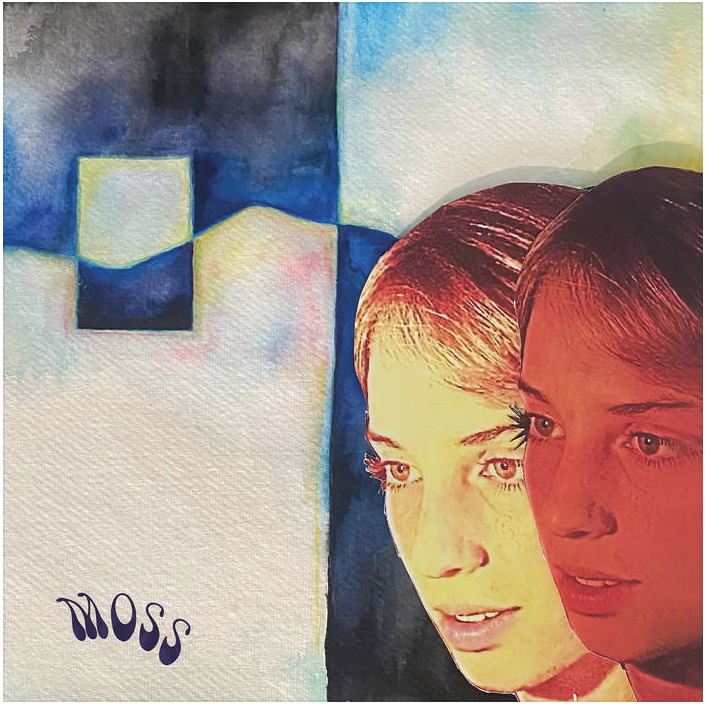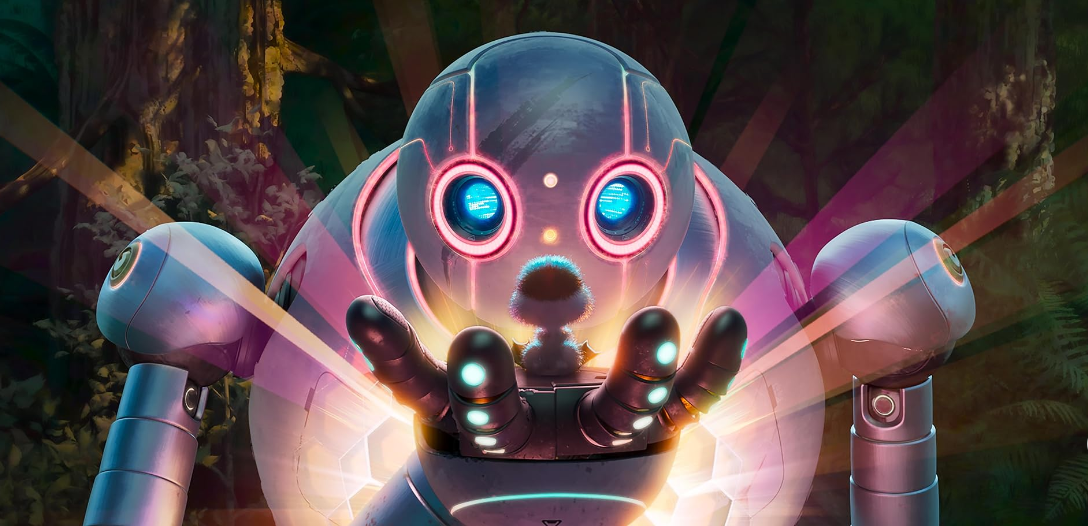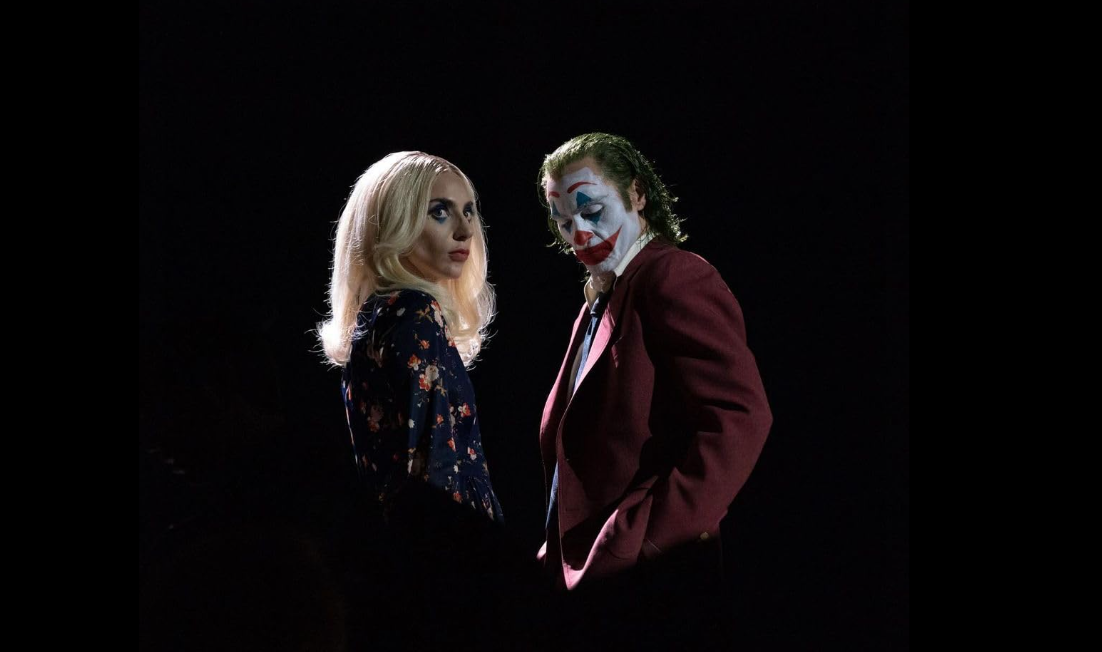On Friday Sept. 23, actress and up-and-coming singer-songwriter Maya Hawke released her second studio album,“MOSS.” While Hawke is undeniably established in the world of television and film, gaining somewhat of a cult following after landing the role of Robin Buckley in Netflix’s “Stranger Things,” she only recently entered the music scene in 2020 with the release of her debut album,“Blush.”
“MOSS,”in its rawest form, can be best described as listening to a memory. It is an overwhelmingly nostalgic work, placing listeners in a hazy glow of retrospection, tinged with themes of love, loss, and childhood innocence. This is an effect achieved through the combination of Hawke’s breathy soprano, light acoustic guitar and lyricism that impressively blends adult maturity with childhood naivety. While some of the tracks may initially seem simplistic in both diction and subject matter, it appears to be a stylistic choice by Hawke that further emphasizes the innocent nature of the album.
One track that does an outstanding job at conveying this innocent memory-like sensation is “Crazy Kid” featuring Will Graefe. As the title suggests, “Crazy Kid” appears to tell the tale of a young romance, naturally filled with wide-eyed wonderment, deception and regret. Throughout the song, Hawke and Graefe converse about their romance, a recognizable technique utilized by Taylor Swift and Justin Vernon in their song, “exile” featuring Bon Iver, from Swift’s 2020 album “folklore.” This album has been previously cited by Hawke as being a major inspiration to her throughout the creation of “MOSS.” Hawke also appears to have pulled inspiration from Phoebe Bridgers for this track, presenting listeners with a hauntingly nostalgic outro, reminiscent of Bridgers’ “Scott Street” off of her 2017 album “Stranger in the Alps.” This inspiration, seen not just on “Crazy Kid,” but throughout the entirety of “MOSS,” may be the the result of Hawke’s work with Jonathon Low and Christian Lee Hutson, who worked in sound engineering and writing on Swift’s “folklore” and Bridgers’ “Punisher” (2020).
Two more notable tracks from the album are “Hiatus” and “Luna Moth.”. “Hiatus,” as beautifully written as it is heartbreaking, uses a sense of fierce admiration and longing to tell the tale of a love affair in which the affection is either unrequited or unappreciated. With lyrics like, “I want a gym-routine, self obsessed, hardly dressed teen dream” and, “Maybe he’ll cheat on me, but I’ll forgive him when he does,” Hawke’s profound self-awareness is utilized to recount the sadly common experience of being so hopelessly in love with someone that you allow them to walk all over you.
With a similar sense of self-awareness but different subject matter, “Luna Moth” depicts self-deprecation and disappointment, appearing to be Hawke’s commentary on not being enough for the ones you love. The song’s chorus, “I don’t need anyone to hurt me, I can do that myself, I don’t see why you would want me, If I could I would be anybody else,” acts as a painfully blatant expression of frustration and insecurity, creating an emotionally vulnerable track that is quite impressive considering Hawke’s greenness in the music industry.
In terms of lyricism, vocals and thematic complexity, “MOSS” checks all of the boxes for an alternative album capable of success in today’s musical climate. With complex references to relationships, self-doubt, and even her parents divorce on the devastating track “Driver” — Maya is the daughter of Ethan Hawke and Uma Thurman — “MOSS” is able to cover a wide range of topics in a manner that is both artistically abstract, and understandable. While instrumentally “MOSS”could be considered rather uniform, it is an important part of the album’s memory-like, golden glow feel.









